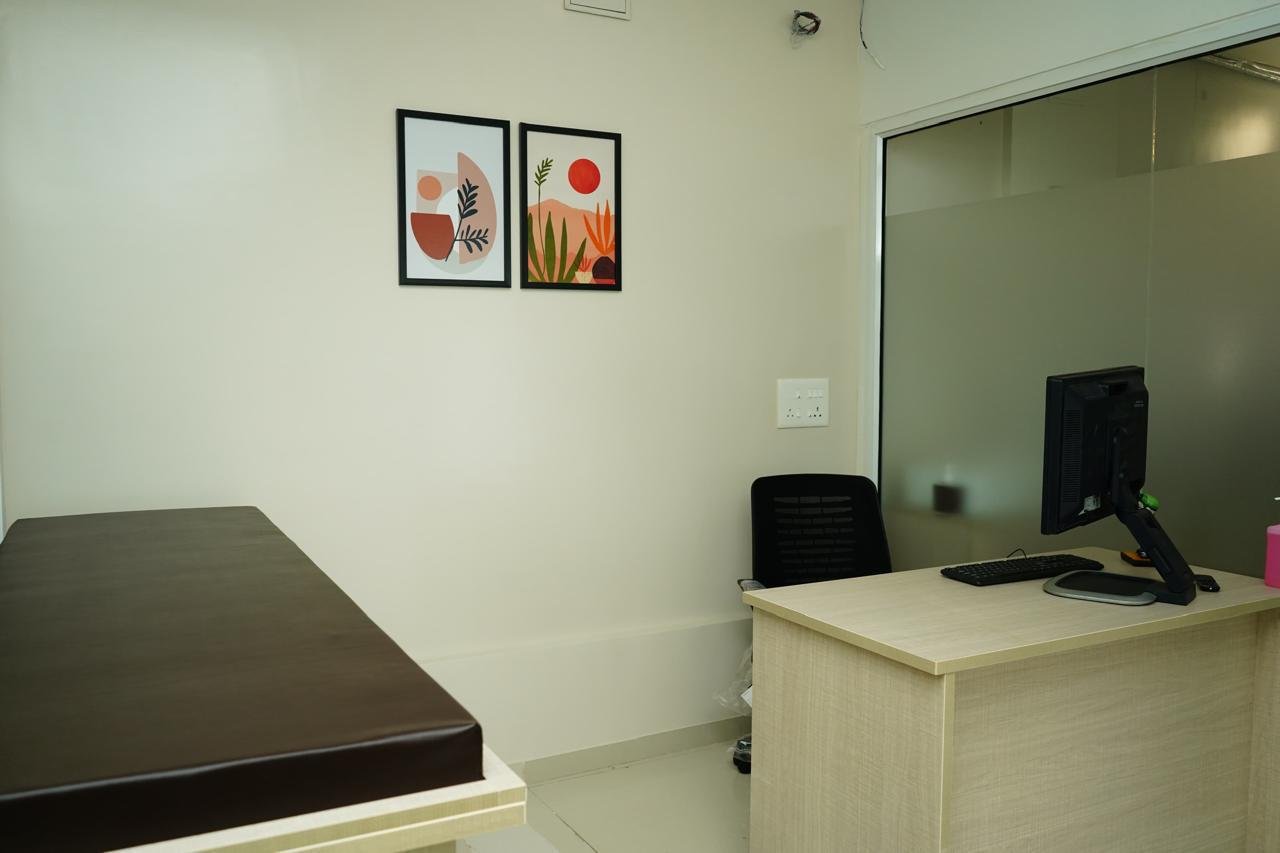Introduction
The brain is supplied by a complex network of arteries and veins. Any abnormality in these blood vessels can lead to serious, sometimes life-threatening conditions such as Brain Aneurysm, Arteriovenous Malformation (AVM), or Arteriovenous Fistula (AVF).

As a specialist in vascular and endovascular neurosurgery, Dr. Ishant Rege in Pune provides advanced treatment for these conditions, helping patients recover with the best possible outcomes.
What is a Brain Aneurysm?
A brain aneurysm is a weak, bulging spot in a blood vessel in the brain, much like a balloon. If the aneurysm ruptures, it can cause bleeding in the brain (subarachnoid hemorrhage), which is a medical emergency.
Symptoms of Brain Aneurysm
Severe sudden headache (“worst headache of my life”)
Nausea and vomiting
Blurred or double vision
Stiff neck
Loss of consciousness in severe cases
Treatment Options
Endovascular Coiling — Minimally invasive procedure using coils to block the aneurysm.
Surgical Clipping — A neurosurgical procedure to close off the aneurysm.
Flow Diversion Devices — Stents that redirect blood flow away from the aneurysm.
What is an AVM (Arteriovenous Malformation)?
An AVM is an abnormal tangle of blood vessels where arteries connect directly to veins without the normal capillary bed. This creates high-pressure blood flow that can rupture, leading to brain haemorrhage, seizures, or neurological problems.
Symptoms of AVM
Seizures
Headaches
Weakness or numbness
Difficulty speaking or understanding speech
Sudden neurological deficits if bleeding occurs
Treatment Options
Microsurgical Removal — Surgical excision of the AVM.
Endovascular Embolization — Catheter-based procedure to block abnormal vessels.
Stereotactic Radiosurgery (Gamma Knife/Linear Accelerator) — Focused radiation to shrink the AVM.
What is an AV Fistula (Arteriovenous Fistula)?
A cerebral AV fistula is an abnormal direct connection between an artery and a vein in the brain. It bypasses the normal circulation, which can lead to increased pressure in veins and risk of rupture.
Symptoms of AV Fistula
Pulsating noise in the head (bruit)
Headaches
Vision disturbances
Neurological deficits
Intracranial hemorrhage in severe cases
Treatment Options
Endovascular Embolization — Minimally invasive method to block the fistula.
Surgical Disconnection — Directly closing the abnormal connection.
Radiosurgery — In select cases where other treatments are not feasible.
Why Choose Dr. Ishant Rege for Vascular Neurosurgery in Pune?
Specialized training in vascular and endovascular neurosurgery
Expertise in minimally invasive and advanced microsurgical techniques
Experienced in managing complex aneurysms, AVMs, and AV fistulas
Multidisciplinary care with ICU support and rehabilitation services
Patient-focused care with emphasis on safety and recovery
The Importance of Early Diagnosis
Many aneurysms, AVMs, and AV fistulas remain silent until they rupture or cause serious symptoms. Early detection through MRI, CT angiography, or digital subtraction angiography (DSA) is critical.
If you experience unexplained severe headaches, seizures, or sudden neurological problems, seek evaluation by a neurosurgeon immediately.
Conclusion
Brain Aneurysm, AVM, and AV Fistula are serious but treatable conditions with modern neurosurgical and endovascular techniques. With early diagnosis and expert care from specialists like Dr. Ishant Rege in Pune, patients can achieve excellent recovery and reduced risk of complications.
If you or your loved one has symptoms, do not wait — consult a neurosurgeon immediately.






Social Media